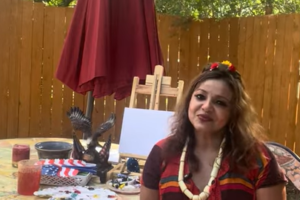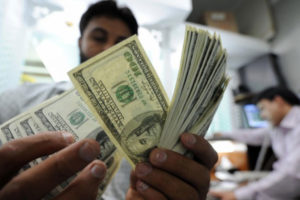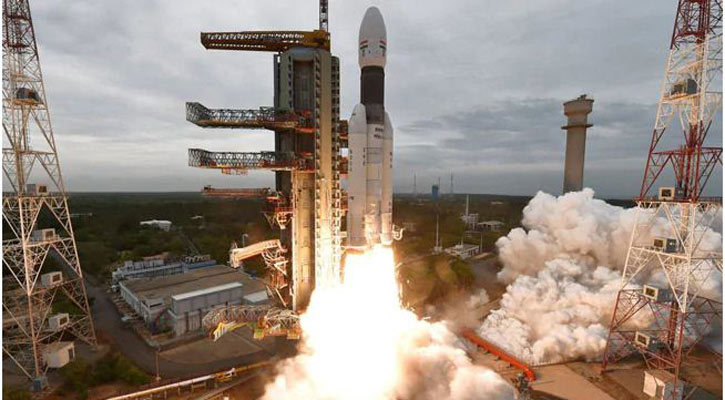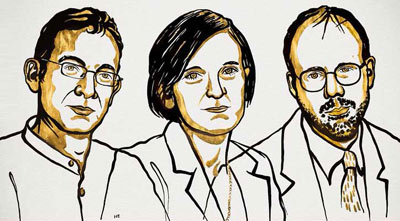Pakistan’s dispute with India over Kashmir is now a flashpoint with the potential to escalate into nuclear war, Imran Khan has warned.
Pakistan’s prime minister said he was disappointed in the international response to Narendra Modi’s decision to end self rule in Indian administered Kashmir and accused India of conducting genocide.
The former cricket star told Al Jazeera: “I am anti-war but what I said clearly was that when two nuclear-armed countries fight – if they fight a conventional war – there is every possibility to end up in a nuclear war.”
Asked if he shared the views of his foreign minister that the situation could spark an accidental war between the nuclear armed neighbours, he said: “Absolutely”.
Tensions remain high in the disputed Himalayan region after New Delhi’s controversial decision last month to revoke the territory’s decades old semi-autonomous status. Much of Indian administered Kashmir remains under curfew and a communications blackout.
Mr Khan predicted India would try to divert attention from what it was doing in Kashmir by blaming Pakistan for any militant unrest in Kashmir. The two countries came close to conflict in February when Delhi launched an air strike against Pakistan in retaliation for the suicide bombing of a security forces convoy in Pulwama.
Pakistan has attempted to draw international attention to India’s actions and tried to court support for the United Nations to intervene. The response has been lukewarm, with countries apparently unwilling to alienate the trading power of India.
Mr Khan said: “Unfortunately, because of this whole thing about big markets, [some] countries look at big markets, they look upon India as a market of one billion people, they don’t realise that if they do not intervene right now, it will have consequences for not only the subcontinent but the world’s trade — everyone will be affected by this.”
Kashmir has seen an average of nearly 20 protests per day in six weeks since the removal of its special status, a senior government source told AFP.
Altogether there have been 722 protests since August 5, with Baramulla district in the northwest and Pulwama in the south the biggest hotspots after Srinagar, the source said.
Since that date, nearly 200 civilians and 415 security force members have been hurt, according to the source. Ninety-five of the civilians were injured in the last two weeks, the official said.
The Telegraph





















